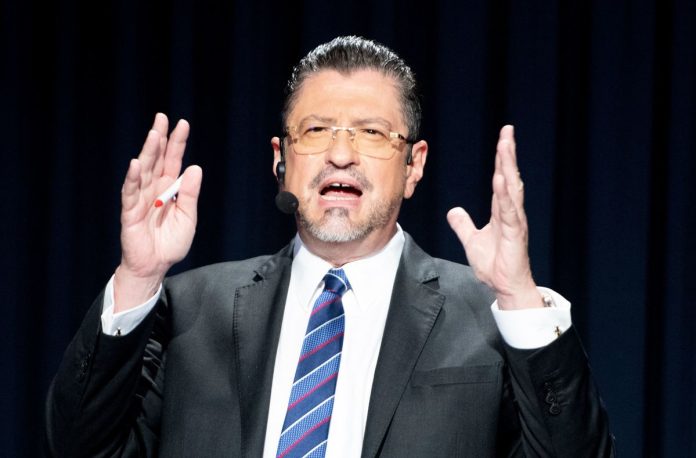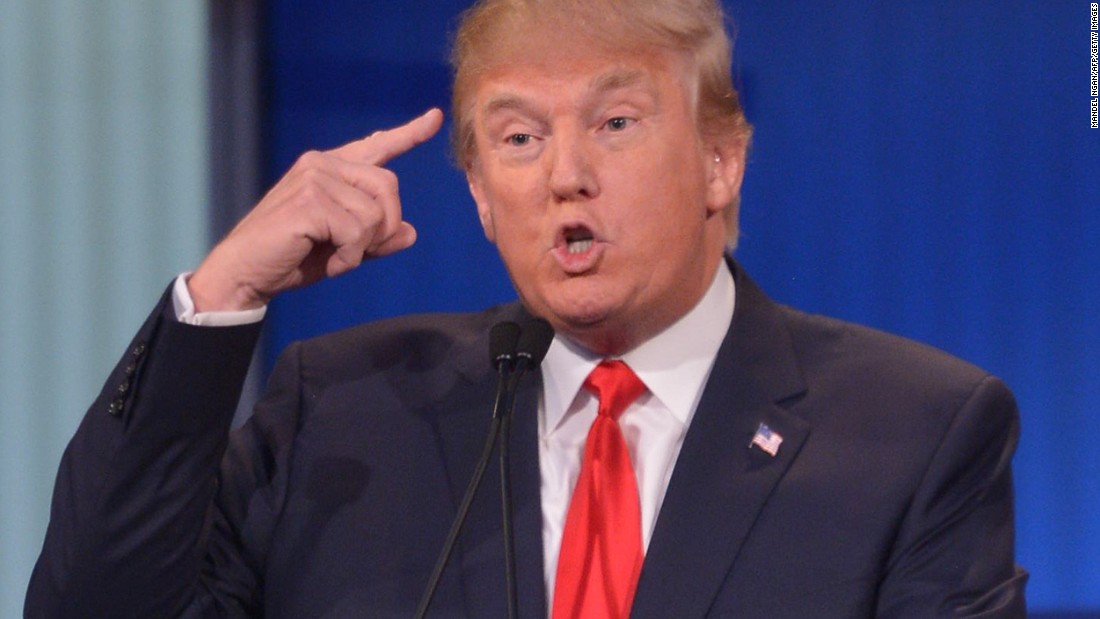Right-wing Chaves Wins Costa Rica Presidency As Figueres Concedes
By AFP
Right-wing former finance minister Rodrigo Chaves will take over as Costa Rica’s new president on May 8 after winning Sunday’s election, poised to oversee the challenge of reinvigorating the country’s battered economy.
With 96 percent of the votes counted, Chaves held a close to six percentage point lead in provisional results over Figueres, the centrist former president, according to the Supreme Electoral Court (TSE).
“I receive with the deepest humility this sacred decision of the Costa Rican people… This result for me is not a medal or a trophy, but an enormous responsibility,” the 60-year-old economist said to a crowd of supporters in the capital San Jose.
Figueres congratulated Chaves and wished him well in his concession speech.
“Costa Rica has voted and the people have spoken. Since we are democrats we respect that decision,” the 67-year-old said.
Unemployment and an economic crisis dominated the campaign between two scandal-tainted candidates relieved not to have their past indiscretions take center stage.
Chaves was once demoted for sexual harassment, while Figueres was previously investigated for corruption.
But with 23 percent of the population living in poverty and unemployment soaring to 14 percent alongside a series of corruption scandals, Costa Ricans seemed more focused on the economy as they elected the successor to President Carlos Alvarado.
Voting was carried out “in peace and tranquillity,” said TSE spokesman Gustavo Ramon.
Chaves will take over from the unpopular Alvarado next month, faced with the major challenge of reigniting an economy in crisis.
Costa Rica has been described as the “happiest” country in Latin America and praised for its political stability, environmental policies and eco-tourism.
But the vital tourism industry was hard hit by the coronavirus pandemic.
Alongside Peru, it suffered the largest fall in employment figures in the region between 2019 and 2020.
“Costa Rican society was not poor, they made it poor. Costa Rican society was not unequal, they made it unequal,” said Chaves, who voted in mid-morning at a school in the capital’s city center.
‘There is no work here’
Voters were very clear about what concerned them the most: the economy and employment.
“The next president has to change everything because we’re very poor. There is no work here, there is nothing,” said Ana Briceno, 64, a travel agent in San Jose.
“In the last years with Carlos Alvarado the situation has been very difficult … so I think the future president must focus on the economy,” said Cristina Aguilar, 32.
Chaves was a surprise qualifier for Sunday’s run-off, having polled fourth ahead of February’s first round.
Representing the newly formed right-wing Social Democratic Progress Party, Chaves had led the most recent opinion polls with more than 41 percent support, compared to 38 percent for Figueres.
“We have spoken about progression and rejecting regression,” he said in a press conference.
Figueres was previously president from 1994 to 1998.
His father Jose abolished the army in 1948 when he was president.
“We have options to generate employment, which is what is most lacking, and to grow the economy,” he said.
Figueres topped the first round of voting among a crowded field of 25 contenders with 27.3 percent, ahead of Chaves who had 16.8 percent.
But they were a long way from the 40 percent needed to win outright.
‘Misinterpreted’ jokes
Both men have reached this final stage of the election despite the specter of past scandals.
Chaves, who spent six months as finance minister in the outgoing government, was investigated over sexual harassment complaints brought by multiple women while he was a senior official at the World Bank, where he worked for 30 years.
He was demoted, though not fired, and has dismissed his behavior as jokes that were “misinterpreted due to cultural differences.”
Figueres, who represents the centrist National Liberation Party (PLN), was investigated for allegedly taking $900,000 from French engineering firm Alcatel, which has admitted to bribing officials.
The ex-president, who worked abroad at the time as executive director of the World Economic Forum (WEF), refused to give evidence in the case in 2004 and returned to Costa Rica only in 2011 when the investigation expired.
Chaves’s four-year term will begin on May 8.





